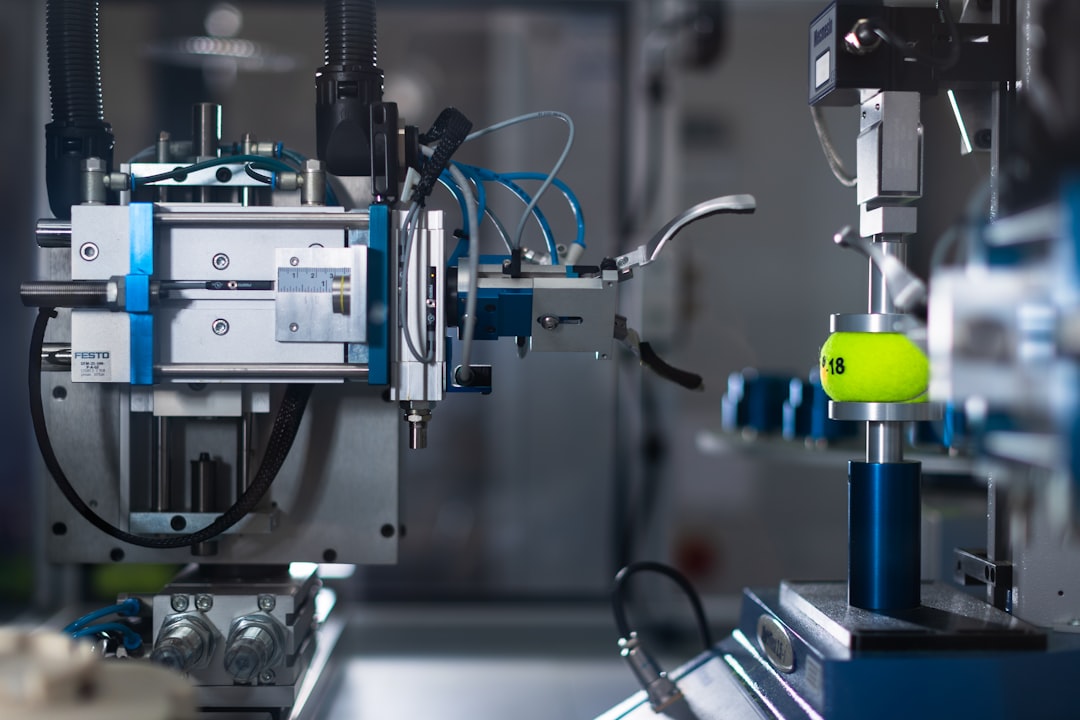Healthcare is one of the most rapidly evolving industries in the world today, with advancements in technology and research constantly shaping the way we approach medical treatments and care. Behind these innovations are a diverse group of professionals working tirelessly to improve patient outcomes and revolutionize the way we think about healthcare. Among these professionals are engineers, whose unique skillset and expertise play a crucial role in driving healthcare innovation forward.
Engineers are integral to the healthcare industry for a number of reasons. From designing medical devices and equipment to creating software and algorithms that improve patient care, engineers bring a unique perspective to the table that is essential for solving some of the most pressing challenges in healthcare today. Their ability to think critically, problem-solve, and innovate makes them valuable assets in an industry where precision and accuracy are paramount.
One of the key areas where engineers are making a significant impact in healthcare innovation is in the development of new medical technologies. For example, medical imaging equipment such as MRIs and CT scanners would not be possible without the expertise of engineers who design and build these machines. Engineers are also responsible for creating new surgical tools and devices that improve the efficiency and effectiveness of medical procedures, ultimately leading to better patient outcomes.
In addition to developing new technologies, engineers are also heavily involved in the implementation of electronic health records (EHRs) and other healthcare information systems. These systems play a crucial role in improving communication between healthcare providers, streamlining processes, and enabling better coordination of care. Engineers work tirelessly to ensure that these systems are easy to use, secure, and compatible with other systems, ultimately leading to more efficient and effective healthcare delivery.
Another important role that engineers play in healthcare innovation is in the field of telemedicine and remote patient monitoring. With advancements in mobile technology and high-speed internet, it is now possible for patients to receive medical care and consultation from the comfort of their own homes. Engineers are responsible for developing the platforms and software that enable these virtual visits, as well as designing wearable devices that allow for remote monitoring of patients’ vital signs and symptoms. These advancements have the potential to revolutionize the way healthcare is delivered, particularly in rural and underserved communities where access to medical care may be limited.
Furthermore, engineers are also playing a crucial role in the field of personalized medicine. By leveraging the power of big data and artificial intelligence, engineers are able to analyze vast amounts of medical and genetic information to develop personalized treatment plans for individual patients. This approach allows for more targeted and effective therapies, ultimately improving patient outcomes and reducing healthcare costs.
Overall, the role of engineers in healthcare innovation cannot be overstated. Their unique skillset and expertise are essential for developing new technologies, improving healthcare information systems, enabling telemedicine and remote monitoring, and advancing personalized medicine. As we continue to make strides in healthcare innovation, engineers will undoubtedly continue to play a vital role in shaping the future of healthcare delivery and improving the lives of patients around the world.


